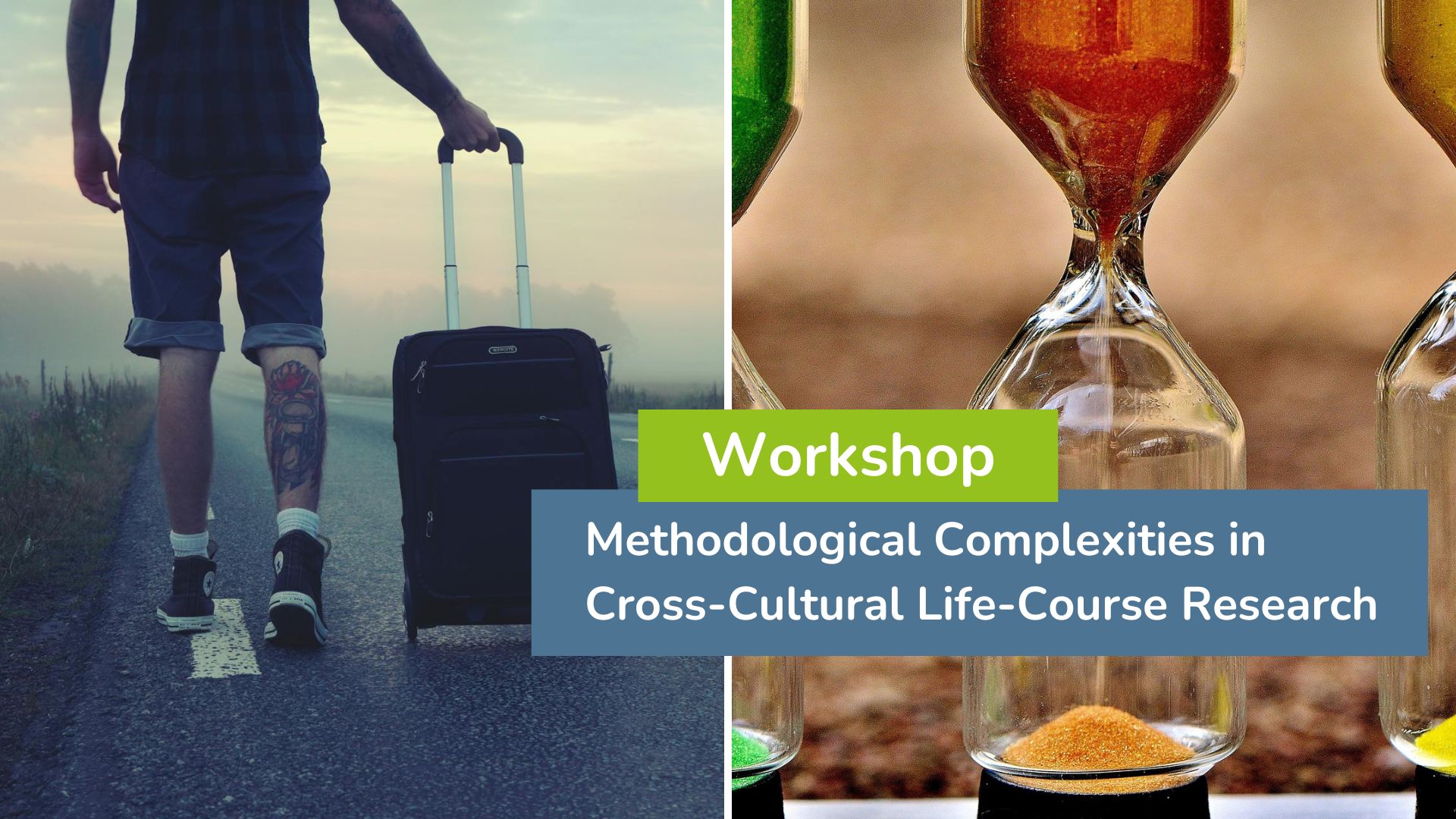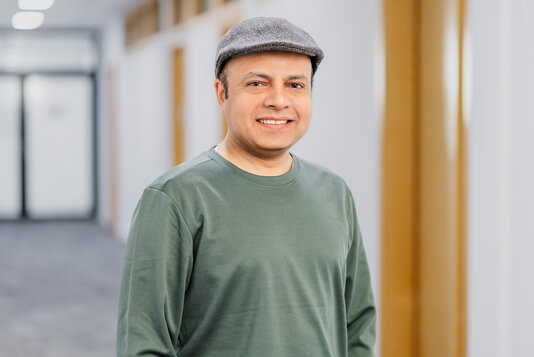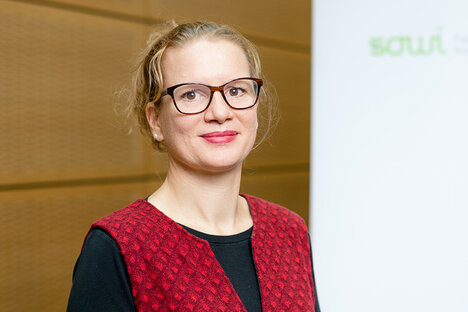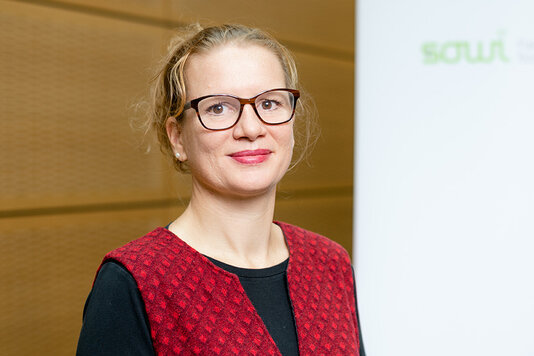
How do temporality, gender, class, and familial interdependencies shape life trajectories in Germany and Pakistan? In this workshop, scholars and students will discuss theoretical and empirical challenges in research on youth transitions, delayed adulthood, and evolving family forms from a cross-cultural perspective.

This hybrid workshop explores the methodological complexities of conducting cross-cultural life-course research, with a focus on intergenerational support, waithood, and family transitions in Germany and Pakistan. It brings together scholars and students working across diverse socio-cultural contexts to reflect on the theoretical and empirical challenges of comparative life-course inquiry.
With a keynote lecture by Anette Fasang, Professor of Sociology at Humboldt-Universität zu Berlin, the workshop initiates discussion on the methodological tensions between universalising frameworks and context-sensitive designs. A panel featuring researchers and graduate students will further explore how temporality, gender, class, and familial interdependencies shape life trajectories in contrasting welfare, kinship, and social systems.
In the second half of the workshop, students will engage in a participatory session involving comparative design simulations and case study presentations from Pakistan and Germany. The workshop aims to foster collaborative thinking on how to conceptualise and empirically study youth transitions, delayed adulthood, and evolving family forms from a cross-cultural perspective.
The workshop is co-organised by Imran Sabir, a sociologist from Quaid-i-Azam University (Pakistan) and current Senior Fellow at the College, and Martina Brandt, Professor of Social Structure and Sociology of Ageing Societies at TU Dortmund University.
Opening & Welcome
Dr Mark Halawa.Sarholz, Academic Managing Director, College for Social Sciences and Humanities
Life Course and Social Inequality: A Global Perspective
Anette Fasang, Professor of Sociology at Humboldt-Universität zu Berlin (Germany)
Moderator: Imran Sabir, Quaid-i-Azam University (Pakistan) & College for Social Sciences and Humanities
Muhammad Zaman, Professor of Sociology, Quaid-i-Azam University, Islamabad (Pakistan):
Obstructed Transitions in Rural Pakistan
Martina Brandt, Professor for Social Structure and Sociology of Aging Societies &
Birgit Zeyer-Gliozzo, Research Associate at the Chair of Social Structure and Sociology of Aging Societies, TU Dortmund University (Germany):
Quantitative Challenges in Intergenerational Life Course Research: Examples from SHARE
Fouzia Sadaf, Assistant Professor of Sociology, University of Punjab, Lahore (India):
Intergenerational Capital and Women's Academic Success
Autoethnographic Reflections on Researcher Transitions
Rahat Shah, Postdoctoral Researcher at Goethe University Frankfurt (Germany)
Human-AI Mediated Relationships: A Life Course Perspective
Aneeqa Ansari, doctoral student at Quaid-i-Azam University, Islamabad (Pakistan)
Methodological Challenges in Pakistan-Based Research
Anum Mushtaq, Research Assistant at Quaid-i-Azam University, Islamabad (Pakistan)
From ‘Waithood’ Narratives to Analytical Insights
Imran Sabir, Senior Fellow at the College for Social Sciences and Humanities, UA Ruhr (Germany) and Associate Professor of Sociology at Quaid-i-Azam University, Islamabad (Pakistan)
Closing Remarks

Assoc. Prof. Imran Sabir
Quaid-i-Azam University (Pakistan) | Sociology
Imran Sabir is Associate Professor at the School of Sociology, Quaid-i-Azam University, Islamabad, Pakistan. With a PhD in sociology from the University of Paris-Saclay, France, and over 15 years of academic experience, his research focuses on intergenerational relationships, social inequalities, and the sociology of knowledge.
Imran Sabir’s work bridges theoretical rigour with empirical depth, examining complex social phenomena through comparative frameworks, particularly between the Global North and South. As an applied practitioner of sociological methods, he translates theoretical frameworks into actionable solutions, deploying empirical evidence to contemporary social problems. As a public sociologist, Imran Sabir frequently writes for national newspapers, bringing sociological perspectives to public discourse on issues such as education reforms, urban planning, and social inequalities. He has contributed extensively to academic journals and has led multidisciplinary projects, including studies on road safety, solid waste management, and youth violence. His ongoing collaborative project investigates intergenerational support dynamics in ageing and non-ageing societies, offering insights into family structures, socioeconomic dependencies, and cultural norms.
He is dedicated to the generation of impactful policy-relevant outcomes, and materialising meaningful academic exchanges for North-South cooperation. He envisions sociology as a dynamic, globally interconnected discipline, having a transformative role that connects scholarly inquiry with tangible societal advancements.
Website
 ©
© Aliona Kardash
©
© Aliona Kardash
Prof. Martina Brandt
TU Dortmund University | Social Structure and Sociology of Ageing Societies
E-mail: martina.brandt@tu-dortmund.de
 ©
© Aliona Kardash
©
© Aliona Kardash
Prof. Martina Brandt
TU Dortmund University | Social Structure and Sociology of Ageing Societies
E-mail: martina.brandt@tu-dortmund.de
Martina Brandt is Professor for Social Structure and Sociology of Ageing Societies at TU Dortmund University, Vice Dean of Research at the Department of Social Sciences, spokesperson of the research training group ‘New challenges in ageing societies’ (Hans Böckler Foundation) and head of the Master's programme ‘Ageing Societies’ at TU Dortmund University. She holds the chairmanship of the Expert Commission on the Ninth Government Report on Older People, and she is involved in the central coordination of the Survey of Health, Ageing and Retirement in Europe (SHARE) as Area Coordinator Family and Social Networks. She researches and teaches in the field of ageing in Europe and is interested in family, health and well-being in the life course, care and social support, social inequality and social policy as well as methods of empirical research on ageing.
Website
https://sag.sowi.tu-dortmund.de/en/professorship/team/prof-dr-martina-brandt/